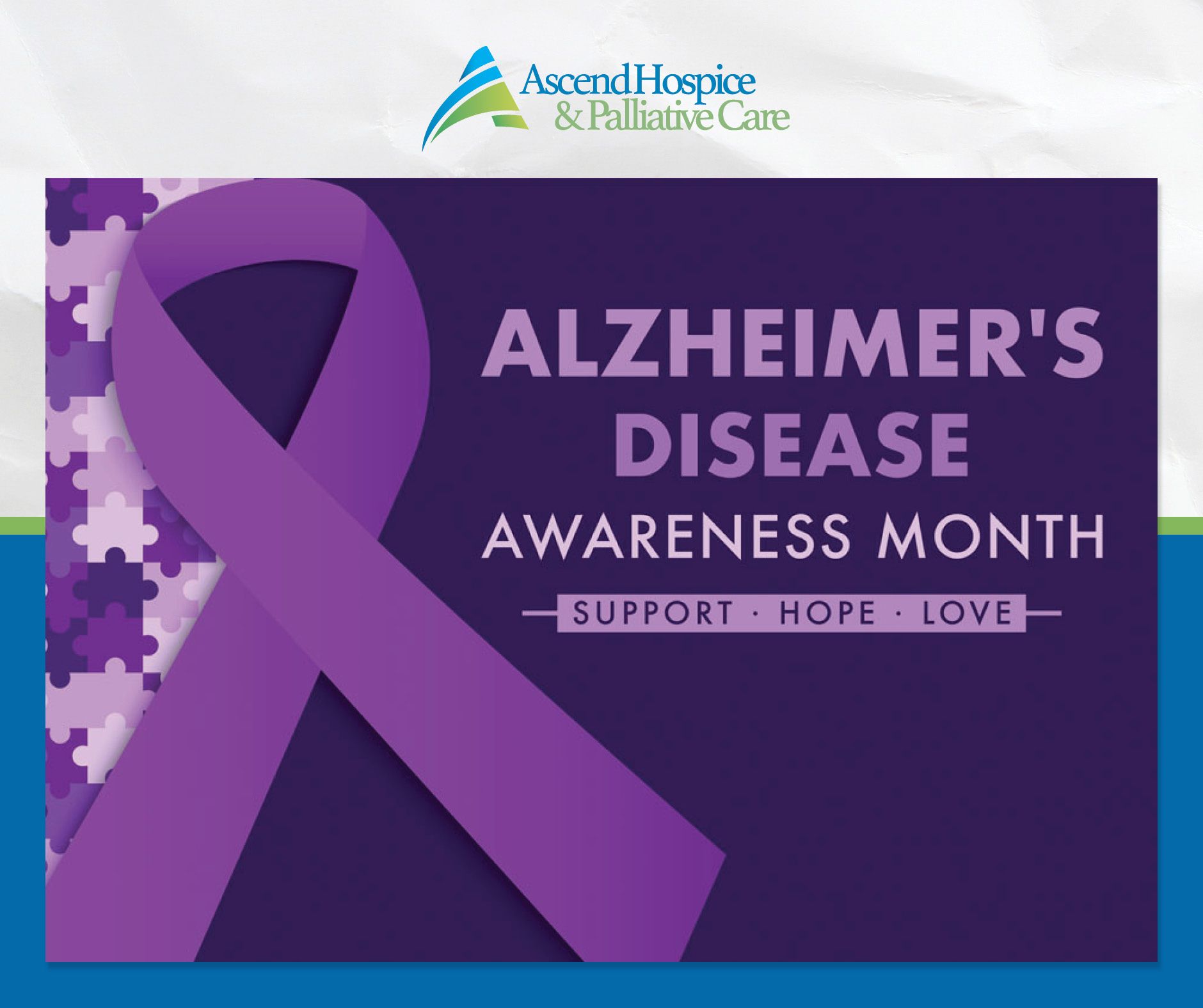When Is It Time To Consider Hospice Care Or To Transition From Palliative Care To Hospice Care?
When Is It Time To Consider Hospice Care Or To Transition From Palliative Care To Hospice Care?
Hospice care is usually considered when a person has a limited life expectancy, often estimated to be six months or less. The focus of hospice care is on providing comfort and support rather than pursuing curative treatments. It is usually appropriate when curative treatments are no longer effective or when your loved one decides to stop pursuing them.
Palliative care can be provided at any stage of a serious illness and is focused on relieving symptoms, managing pain, and improving the quality of life. It can be provided alongside curative treatments and is not limited to individuals with a life limiting prognosis.
The decision to choose hospice, or to transition from palliative care to hospice care is typically based on your loved one’s prognosis and the goals of care. Both palliative care and hospice care provide comfort and support to those coping with serious illnesses, but they differ in some key respects.
Here are some factors that may indicate it is time to consider hospice care or transitioning from palliative care to hospice care:
Prognosis: If your loved one’s life expectancy is estimated to be six months or less, then hospice care may be a good choice.
Ineffectiveness of treatments: Your loved one’s condition is deteriorating despite treatment and more treatment is not expected to provide significant benefits.
You are seeing a general decline: Your loved one’s mobility is getting worse as treatment progresses. They are losing weight and persistently tired. This could indicate the body is weakening.
Repeated infections: Persistent or recurrent infections may indicate a decline in your loved one’s overall health.
Their need of assistance is growing: They are becoming more and more dependent on others for daily activities. They need increasing amounts of help with daily tasks like sitting up, eating, or going to the bathroom.
They are saying that they’ve had enough: They say they’ve had enough treatments, or that they’re ‘ready’, or they just want to feel better, and nothing is helping. If they just want more good days than days spent struggling, it may be time for supportive comfort care.
Treatment Goals: If the primary goal of care is shifting from curative treatment to comfort and quality of life, hospice may be more appropriate.
Conversations with your loved one and the family about the wishes and goals of care are crucial. Understanding their preferences and values helps in making the right decision. It’s always important to include your primary care physician, and specialists in the decision-making process. You may be thinking, “but my doctor hasn’t mentioned hospice care, why not?”
Physicians are people too, and they may hesitate to discuss hospice care for a lot of reasons. Many don’t hesitate, and others may feel much more at ease if you approach the subject first. Some common reasons they may hesitate to have these discussions may be:
Communication challenges: Discussing end-of-life care can be emotionally challenging for both healthcare providers and patients. They often like their patients and have known them for years. Doctors may be hesitant to bring up hospice care because they’re concerned about how your loved one and the family will react.
Difficulty in broaching the subject: Discussing end-of-life care requires sensitivity and good communication skills. Some healthcare providers may feel uncomfortable or unprepared to have these discussions, leading to a delay in referring patients to hospice care.
Over Prognostication: Many doctors out of fondness for their patients view situations with optimism. Research shows that 63% of physicians overestimated survival by more than a factor of five. The longer a physician has known their patient, or the more recently they have seen their patient, the more optimistic their projections. It’s human nature, they like their patients.
Uncertainty Over Prognosis: Physicians refer to hospice when life expectancy is estimated to be six months or less, but that is frequently difficult to determine with certainty. If your loved one is coping with other illnesses in addition to their primary diagnosis, then that should be considered alongside the primary diagnosis. Ask to be evaluated by a hospice and palliative care provider like Ascend. As a provider of both palliative care and hospice, our teams can provide valuable consultation to your physician.
Fear of taking away hope: Some providers may worry that introducing hospice care could be interpreted by your loved one as giving up on treatment or losing hope. They might be concerned about the potential psychological impact on your loved one and the family. Let your physician know when your hope becomes to endure less suffering and to find more good days than bad days.
Lack of awareness or knowledge about hospice: Some healthcare professionals may not be well-versed in the services and benefits that hospice care can provide. This lack of knowledge might lead to hesitation in having this discussion.
Institutional factors: Certain healthcare institutions may not have established protocols or sufficient support systems for discussing and facilitating hospice referrals. This can contribute to delays in the decision process.
Patient or family preferences: Sometimes, doctors may perceive that the patient or their family may be resistant to the idea of hospice care. This may lead them to try to respect the wishes of the family rather than initiate a difficult conversation intended to advise them of their options.
It's essential for your loved one and the family to openly communicate with healthcare providers about their preferences for end-of-life care. Open and honest dialogue is the only way to guarantee your family gets the care it needs. It takes courage and it can be difficult for everyone involved, including your physician.



